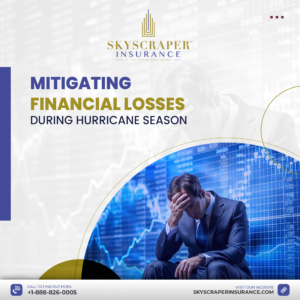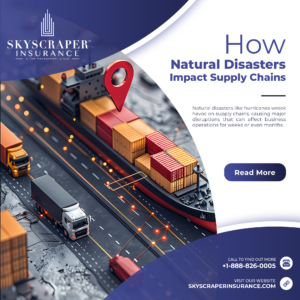
Minimum Wage, Tip Credit, and Exempt Salary Changes
Employers in New York are subject to different minimum wages, allowable tip credits, and minimum exempt employee salaries based on where employees work and what kind of work they do. The wage increases listed below take effect on December 31, 2020.
Minimum Wage in Nassau, Suffolk, and Westchester Counties
The minimum wage in these counties will increase to $14 per hour.
Minimum Wage in the Rest of the State
The statewide minimum wage will increase to $12.50 per hour. This applies to employees outside of New York City and Nassau, Suffolk, and Westchester Counties, except for fast food employees.
(New York City’s minimum wage previously increased to $15 and applies to all workers in NYC.)
Minimum Wage for Fast Food Employees
The minimum wage for fast food employees working outside of New York City will increase to $14.50 per hour. The final scheduled increase to $15.00 per hour will take effect on July 1, 2021.
Tipped Employee Minimum Cash Wage
The minimum cash wage for tipped employees will increase as follows:
Service employees (other than at resort hotels) covered by the Hospitality Wage Order:
- Nassau, Suffolk, and Westchester counties: $11.65
- The rest of the state: $10.40
- (New York City’s minimum previously increased to $12.50)
Food service employees:
- Nassau, Suffolk, and Westchester counties: $9.35
- The rest of the state: $8.35
- (New York City’s minimum previously increased to $10.00)
Tip Credit Eliminated in Miscellaneous Industries
Employers of employees covered by the Minimum Wage Order for Miscellaneous Industries won’t be able to take a tip credit as of December 31, 2020. Detailed information on tip credits and minimum cash wage for tipped employees is available on this FAQ created by the New York Department of Labor.
Exempt Administrative and Executive Minimum Salaries
The minimum salary for exempt executive and administrative employees in New York will increase as follows:
- Nassau, Suffolk, and Westchester counties: $1,050 per week, which equals $54,600 per year.
- The rest of the state outside New York City: $937.50 per week, which equals $48,750 per year.
- (The minimum in New York City previously increased to $1,125 per week.)




